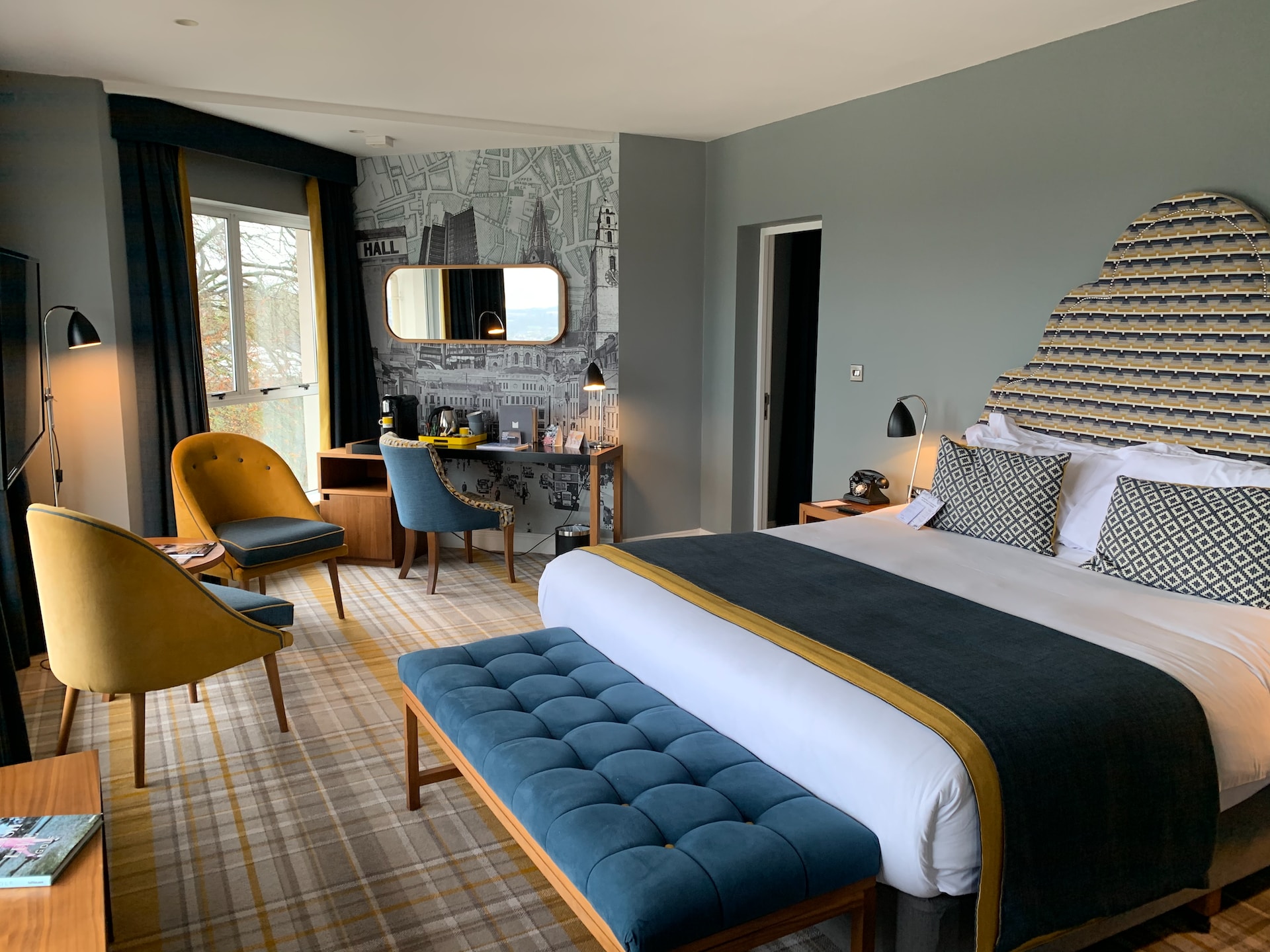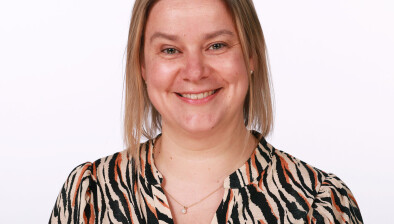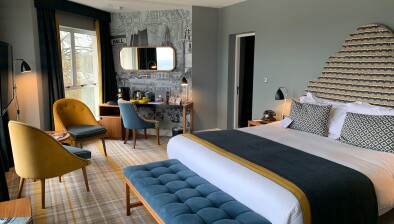Scottish hotels perform better than expected in November, despite lack of business rates relief

Scottish hotels saw a decrease in room rates, occupancy, revenue per available room (REVPAR) and gross operating profits following natural seasonal demand fluctuations during November.
Despite the falls across the four indicators, they all outperformed the same period in 2022, according to the RSM Hotels Tracker.
The data, which is compiled and produced by Hotstats and analysed by RSM UK, shows occupancy rates of hotels in Scotland was down from 80.3% in October to 73.6% in November. Although occupancy is yet to reach pre-pandemic levels, it surpassed those seen last November in Scotland (72.9%).
Average daily rates (ADR) of occupied rooms in Scotland decreased from £126.72 (October) down to £109.17 (November). These rates are ahead of the rates charged in November 2022, which were £105.43. Revenue per available room (REVPAR) declined from £107.71 (October) to £80.33 (November) in Scotland, while gross operating profits saw a sharp fall from 32.1% in October to 22.2% in November.

Stuart McCallum
Stuart McCallum, partner and head of consumer markets in Scotland at RSM UK, said: “The hotel sector performed relatively well in November, with room rates and occupancy holding up better than expected for this time of year and particularly considering the continued squeeze on household budgets.
“This was helped by early festive celebrations and companies holding Christmas parties which provided a welcome boost to food and drink revenues. We expect this to be evident in the December results too.
“The sector will also be boosted by a number of recent and upcoming winter festivals, concerts, conferences and events at locations including the Hydro, AECC and EICC.
“This includes Celtic Connections taking place in January, which attracts many visitors, which coupled with Burns Night at the end of the month could see an uptick in performance at the start of 2024.”
Mr McCallum continued: “However, there is still uncertainty in the market and there have been a number of key closures due to tough economic conditions, such as the Virgin Hotel in Glasgow.
“There are also ongoing challenges for Scotland’s late night economy, including staffing issues and the Glasglow Low Emission Zone initiative, which is weakening footfall for local businesses and demand for taxis.
“The lack of business rates support for Scottish hospitality in comparison to English business is also a major disadvantage for the sector in Scotland.”
He concluded: “But, looking ahead to the summer months, international events including the Taylor Swift Eras Tour in Edinburgh, the 152nd Open Championship at Royal Troon and of course the Edinburgh Fringe Festival will all be a significant boost to Scottish tourism – attracting visitors from across the world.
“Further investment in new stock – namely the AC Hotel in Glasgow, My Locanda and Soho Club, alongside continued development of Cameron House and Gleanagles will likely lead to a boom in the Scottish hotels sector this year.
“These are all positive signs that consumer confidence will gain traction in the second half of this year, especially as inflation continues to ease.”







